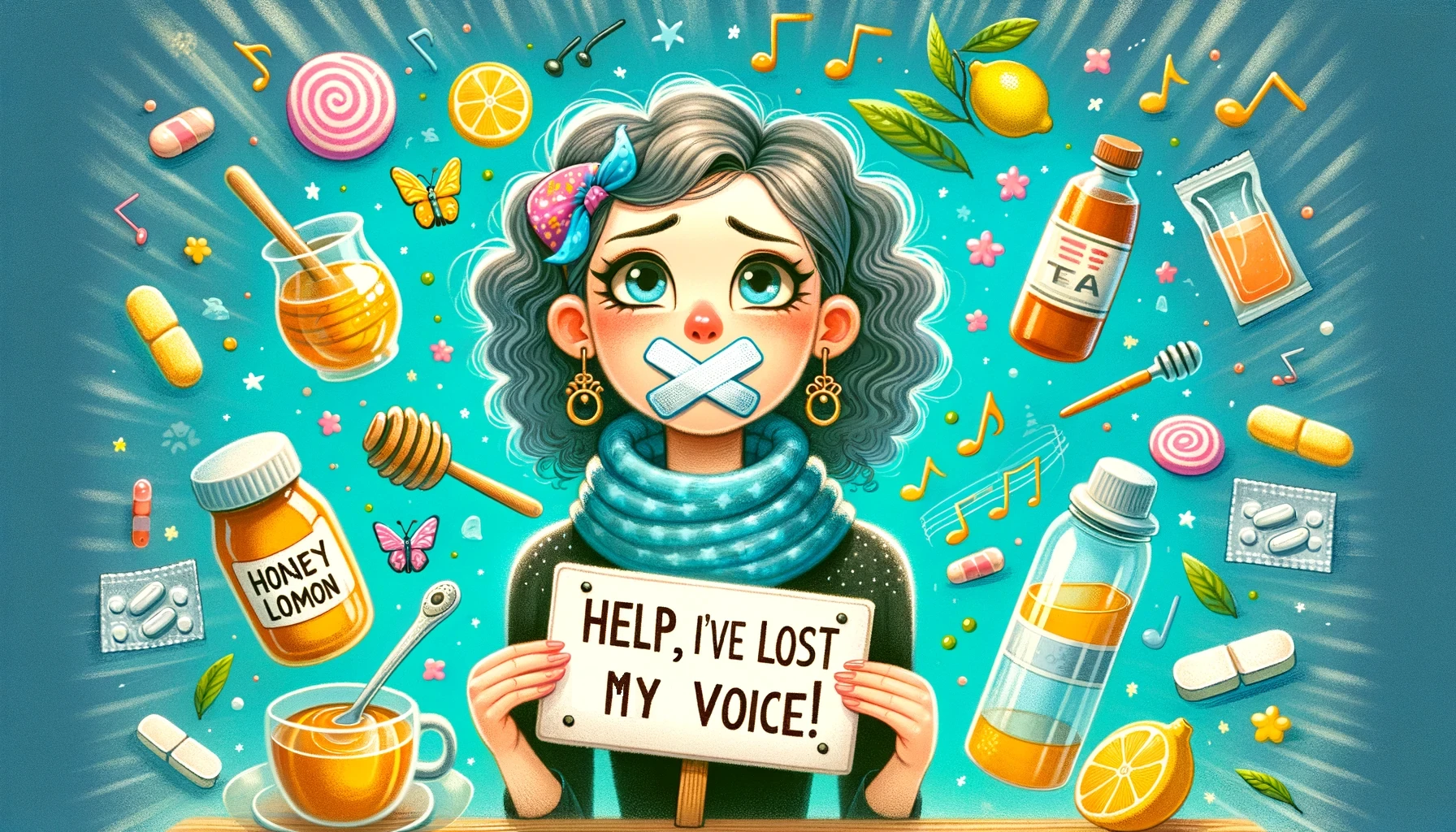Stress. That pesky little feeling that sneaks up on you when you least expect it. Whether you’re contemplating the endless cycle of existential dread or simply trying to figure out how to connect to WiFi when the password is “12345678,” we all know what it’s like to feel overwhelmed. But fear not, dear reader, for I have cracked the code, and here I present to you the absolute best (and not at all obvious) ways to manage this modern-day plague. Get ready for some groundbreaking revelations!
1. Breathing: It’s Not Just for Staying Alive
Yes, you read it right. Breathing. Shocking, isn’t it? Turns out that inhaling and exhaling (preferably in succession) can actually calm you down. Deep breaths can decrease anxiety, improve your mood, and – bonus! – keep you alive. So, the next time your computer decides to update without your permission when you’re on a deadline, take a few deep breaths. Because screaming at inanimate objects, while therapeutic, is less socially acceptable.
2. Exercise: More Than Just An Excuse to Wear Cute Leggings
Most of us think of exercise as that thing we lie about doing while binging on potato chips. But surprise! Physical activity can actually reduce stress hormones and release endorphins, nature’s home-brewed feel-good chemicals. So, swap out the couch potato lifestyle (just momentarily, don’t panic) for a brisk walk, a joyful dance, or a stint of shadow boxing. Remember: If you don’t post it on Instagram, did it even happen?
3. Laughter: Not Just the Best Medicine, but Also Free
Ever notice how you feel better after a good laugh? That’s not just because you’re thinking about how much funnier you are than your friends. Laughter can ease tension, boost mood, and even strengthen your immune system. Plus, it’s an excellent workout for your abs, especially if you’ve been neglecting the aforementioned exercise tip. So, cue up that comedy special or just remember that embarrassing thing you did five years ago.
4. Music: More Effective Than Yelling “CALM DOWN!”
Did you know that certain music can reduce your stress levels? It’s not just for teenage angst and romantic movie montages. Whether you’re into Mozart, Metallica, or Mongolian throat singing, tuning into your favorite jams can calm your nerves. Though, blasting “Eye of the Tiger” on repeat may not always be the best choice for shared spaces. Headphones, folks.
5. Say ‘No’ Sometimes: Because You’re Not an Octopus
Having eight arms would be handy, wouldn’t it? You could multitask like a boss. But since evolution has clearly let us down in this regard, sometimes you just need to say ‘no’. Overcommitting can be a one-way ticket to Stressville. It’s okay to decline an invite or task if you’re swamped. Trust me, your cat’s surprise birthday party can probably go ahead without those handcrafted, gluten-free fish biscuits.
6. Sleep: It’s Like Turning It Off and On Again, but For Humans
In the age of binge-watching and endless scrolling, sleep often takes a backseat. But neglect it at your own peril. A lack of ZZZs can make you more susceptible to stress, reduce your cognitive function, and make you more likely to send regrettable late-night texts. Do everyone a favor and catch those winks. Remember: drooling on your pillow is far more charming than drooling on your keyboard.
7. Meditation: Not Just for Monks and Hipsters
Yes, you, too, can sit still and think about… well, nothing. Meditation is like a spa day for your brain, and it doesn’t even require any fancy robes or chanting (unless you’re into that sort of thing). Even a few minutes can help clear your mind and reduce anxiety. And if you find yourself thinking about tacos midway, that’s perfectly normal. Embrace the taco thoughts.
If you would like to try, here is a guide on How to Meditate
8. Pet an Animal: Because Furry Therapy is Real
Ever wonder why dog and cat videos are so popular on the internet? It’s because animals are magic! Well, not the ‘pull a rabbit out of a hat’ magic, but they’re therapeutic. Studies (probably conducted by scientists with really cute lab partners) show that petting animals can reduce stress. No pets? No problem. A local park with squirrels or a fish tank works. Just… maybe ask permission before petting someone else’s dog. Or squirrel.
9. Eat Dark Chocolate: Yes, You Heard Me
Your eyes are not deceiving you. Eating dark chocolate (in moderation) can actually help reduce stress. It contains antioxidants and may improve brain function. So, the next time you’re tearing up over spilled milk, remember: chocolate doesn’t ask silly questions, chocolate understands.
10. Unplug from the Matrix: Or, You Know, Social Media
In a world of constant pings, notifications, and updates, sometimes the best way to find peace is to go dark. Taking a break from social media and the incessant barrage of memes, selfies, and political rants can be rejuvenating. Sure, FOMO (Fear Of Missing Out) is real, but have you ever tried JOMO (Joy Of Missing Out)? It’s delightful.
11. Take a ‘You’ Day: Not to Be Confused with a ‘YouTube’ Day
Sometimes, you just need to take a day for yourself. Whether that’s indulging in a hobby, getting a massage, or just staying in bed all day (see the point about sleep), it’s essential to recharge. And if anyone asks, tell them it’s doctor-recommended. Dr. Me, that is.
12. Hobbies: Because Obsessing Over Stamps is Healthier Than You Think
Whether it’s knitting, painting, juggling, or creating miniature furniture for squirrels, having a hobby can provide a much-needed escape. It’s not about being good at it; it’s about enjoying it. And hey, if you end up with a weirdly large collection of squirrel-sized sofas, so be it.
13. Nature Walks: Trees Don’t Judge
Seriously, they don’t. Taking a walk in nature not only gives you a break from the urban jungle and screens but also has proven benefits for your mental health. The Japanese even have a term for it – “Shinrin-yoku” or “forest bathing”. And no, it doesn’t involve a bathtub in the woods.
14. Journaling: Put Pen to Paper and Let the Feelings Flow
Write down what’s bothering you. Sometimes, just the act of writing out your feelings can be cathartic. Plus, in a few years, you can look back and think, “Wow, I can’t believe I was so stressed about that.”
15. Hydration: Because Your Brain Loves Water
Did you know that even mild dehydration can affect your mood and cognitive function? So, drink up! And no, coffee and wine don’t count. Nice try.
16. Mindful Eating: Savor the Flavor
Instead of inhaling your food (guilty as charged), try eating slowly and savoring each bite. This practice not only helps with digestion but can also be a form of meditation. Plus, that chocolate will last longer.
17. Travel: Even If It’s Just in Your Mind
Sometimes, a change of scenery or even just planning a hypothetical vacation can break the monotony and reduce stress. No budget? No problem. Virtual tours and travel documentaries are there for you. Who knew your couch could transport you to Bali?
18. Random Acts of Kindness: Feel Good by Doing Good
Hold the door for someone, give a compliment, or just smile at a stranger. These small acts can boost not only someone else’s day but yours too.
19. DIY Spa Day: Bubble Baths and Face Masks
Who said you need to spend a fortune at a spa? Create your own oasis at home with some calming music, a bubble bath, and maybe even a face mask made from that avocado you forgot to eat.
20. Limit Caffeine: It’s Not You, Coffee, It’s Me
While many of us rely on our morning joe, excessive caffeine can lead to increased anxiety. Try reducing your intake or switching to decaf after a certain hour.
21. Connect with Friends: Not the TV Show, Real Ones
Even if you’re an introvert, human connection is crucial. A chat with a friend, even if it’s just online, can work wonders for your mood.
So, there you go. The ultimate (and somewhat silly) guide to combating stress. Remember, in the grand scheme of things, most stressors are temporary. Breathe deep, laugh often, dance like no one’s watching, and always keep a bar of dark chocolate handy. Because life’s too short to be stressed all the time. And if all else fails, there’s always squirrel furniture crafting. Cheers to a stress-less life!
FAQs: Because Everyone Has Questions About Stress
While these tips can certainly help, it’s essential to remember that everyone’s stressors and reactions to stress are unique. What works for one person may not work for another. The key is to experiment and find what’s most effective for you. If you’re experiencing chronic or severe stress, it’s always a good idea to consult with a healthcare professional.
Not at all! Meditation isn’t about emptying your mind completely; it’s about being present and noticing your thoughts without judgment. If tacos occupy your mind-space during meditation, simply acknowledge the thought and bring your focus back to your breath. And maybe grab a taco later.
It depends on your individual needs. Some people might benefit from daily meditation or exercise, while others might find weekly journaling sufficient. The idea is to incorporate these techniques into your routine in a way that feels beneficial without becoming an additional source of stress.
Different types of music can have varied effects on individuals. While classical or calming tunes might work for some, others might find solace in heavy metal or techno. The key is to find music that resonates with you and brings about a sense of calm or joy.
Absolutely! In fact, combining some of these techniques can amplify their benefits. For example, you might find that journaling after a nature walk or meditating with calming music in the background is particularly effective for you.
Yes. If you find that your stress is persistent, affecting your daily life, or leading to feelings of hopelessness or depression, it’s essential to seek help. Professionals, such as therapists or counselors, can provide additional tools and resources.
Most of these techniques are generally safe. However, as with anything, it’s essential to listen to your body and mind. For instance, if a specific exercise causes pain or if a particular meditation technique brings up overwhelming emotions, it might be a sign to adjust your approach or seek guidance.
Hey, everyone needs a hobby. Plus, have you seen how cute squirrels look lounging on tiny chaise lounges?



